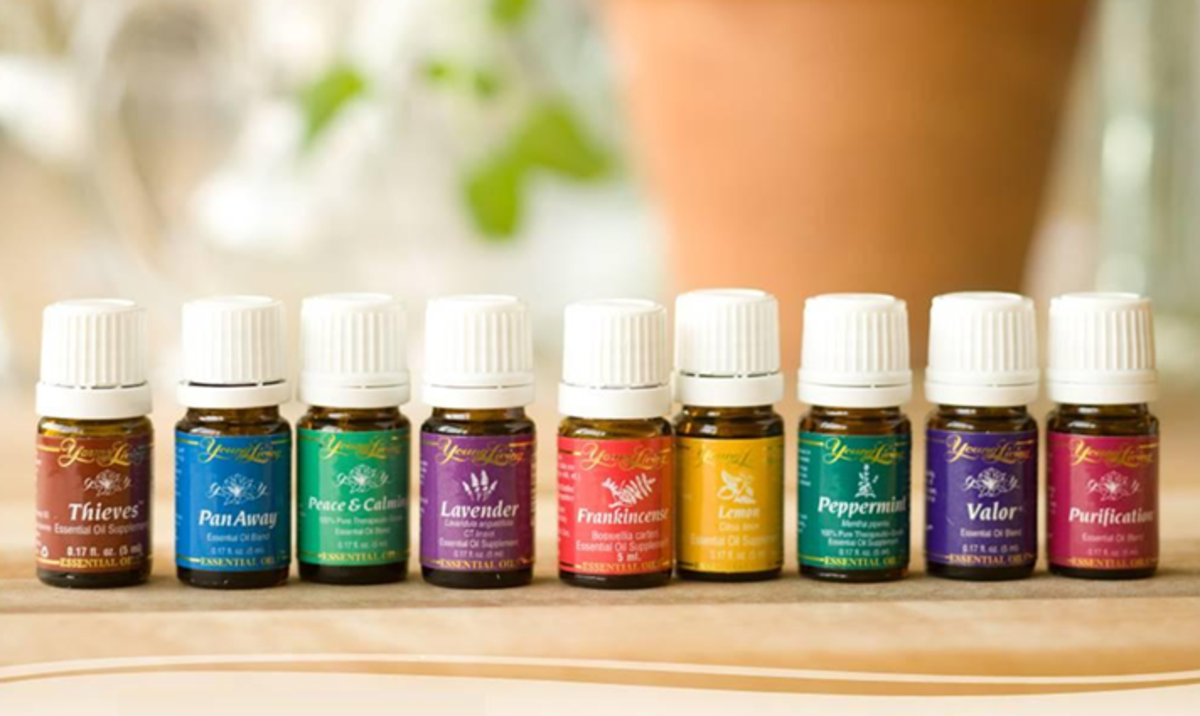What You Need to Know About Essential Oils and Alzheimer’s Disease
Although they’ve been used for centuries, essential oils have surged in popularity in the past few years. Their benefits range from stress relief and mental clarity to easing muscle aches and pains. Essential oils are considered a complementary therapy, which means they are used in addition to standard medical care, not in place of it.
Essential oils are not used to cure medical conditions, but rather to help improve symptoms. As is the case for many complementary or alternative therapies, there aren’t many well-designed studies looking at the benefits of essential oils for individuals with Alzheimer’s disease, but there are several smaller studies that suggest the use of essential oils can improve symptoms like insomnia or anxiety with few to no side effects.
How Are Essential Oils Made?
Essential oils are extracted from plants. They’re made in one of two ways, distillation or expression. In distillation, steam is used to release the compounds from the plants. The vapor then passes through a cooling system, where the steam is converted back into water. Once the mixture cools, the oil floats to the top. In expression, no heat is used. Instead, the oil is forced out with mechanical pressure. This method is often used for citrus oils.
How Are Essential Oils Used as Therapy?
Essential oils are most often used for aromatherapy, in which the odor is inhaled, or they’re applied to the skin, often as part of a massage.
There are a few different ways to inhale essential oils, including these:
Place a few drops of essential oil in an essential oil diffuser (along with enough water to fill the diffuser’s reservoir) and leave it on for 30 to 60 minutes.
Take a sniff of an aroma stick (also called an essential oil inhaler), a portable, usually plastic, stick with an absorbent wick that holds the oil.
Place a few drops of essential oil on a cotton ball and sniff it.
When an essential oil is inhaled, it stimulates the smell receptors, which carry positive (or negative) messages through the central nervous system to the limbic system, according to the Mayo Clinic. The limbic system is the part of the brain that controls emotions.
Essential Oils: Different Scents for Different Folks
One way an essential oil may help a person with dementia is by triggering a scent memory, which can be very pleasant, says Cutshall. An example of a pleasant scent memory would be smelling freshly baked chocolate chip cookies.
“That could bring back a happy memory from childhood of relaxing and eating a warm cookie,” says Cutshall. “Essential oils can create an emotional response that can bring up good memories or bad memories, depending on the association,” she adds.
There are some smells that seem to trigger specific feelings or reactions in most people, but it can also vary from individual to individual.
Sign up link: www.youngliving.com/us/en/referral/31421803
My Young Living Website (info about essential oils): https://stephaniechan.lifestepseo.com







